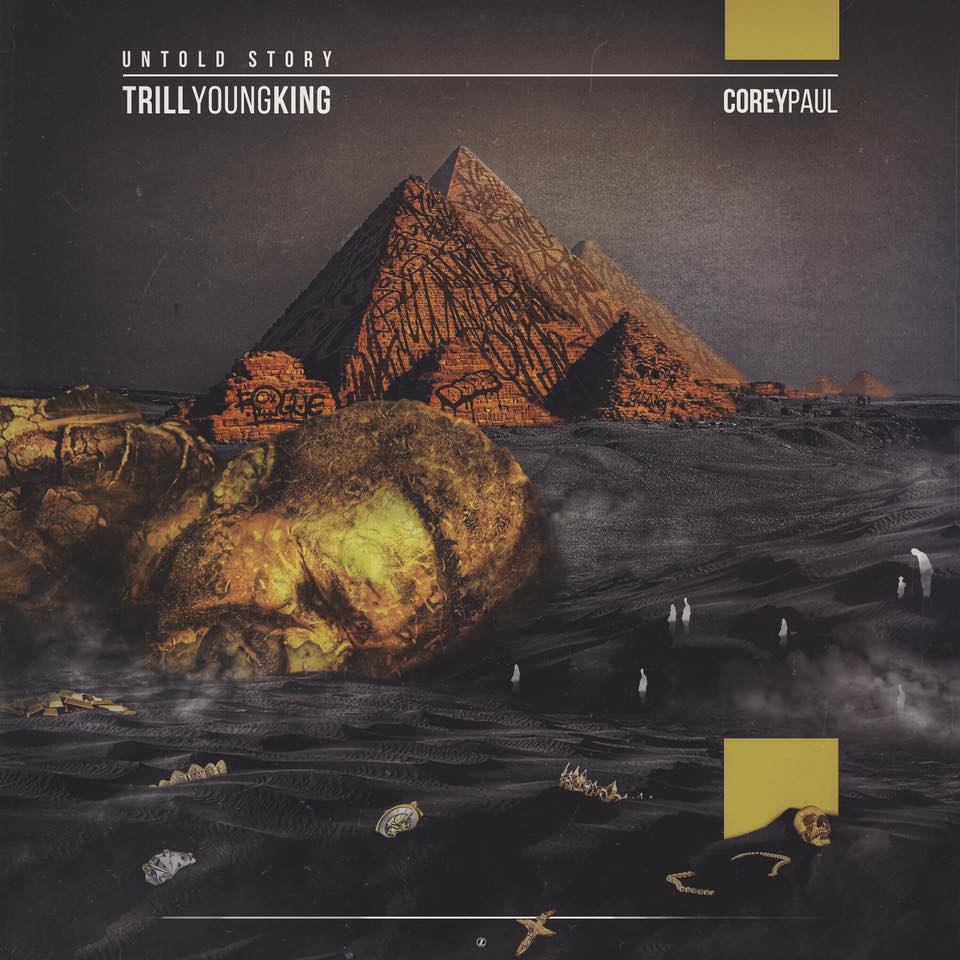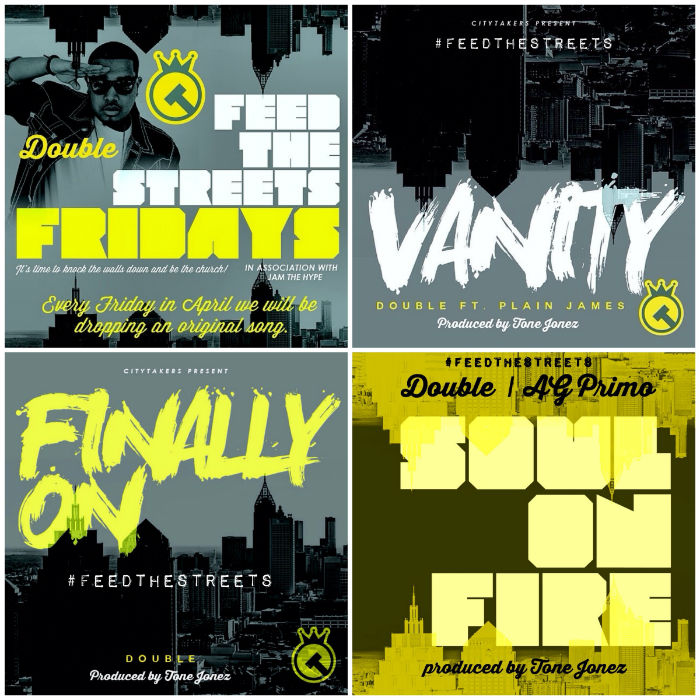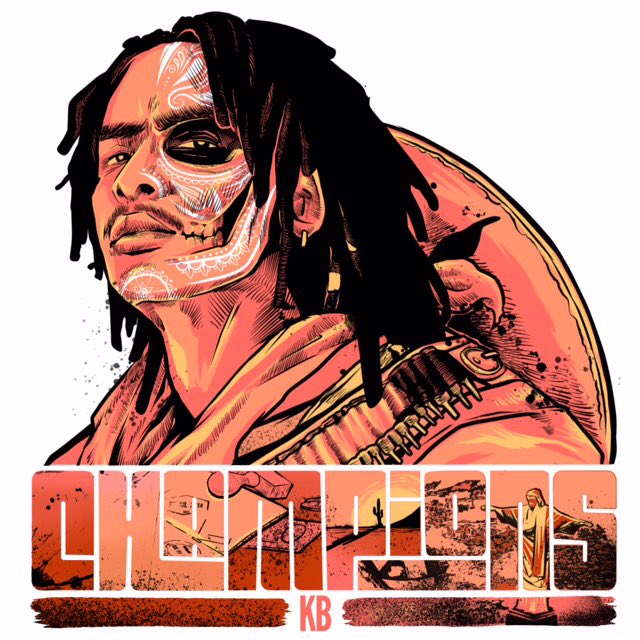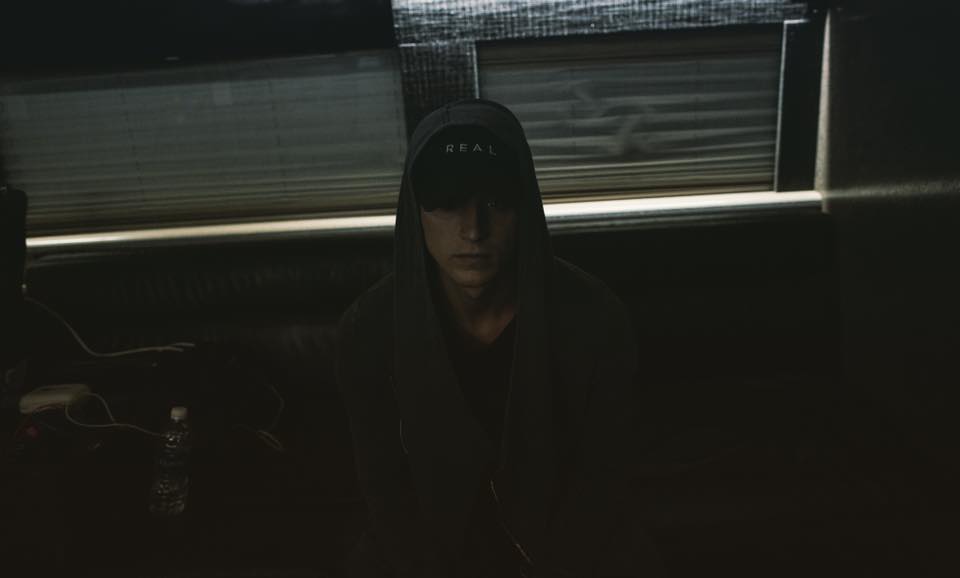This month Corey Paul released a new album Untold Story: Trill Young King telling stories of his own life and those of people from his community. He is from South Park, Houston, Texas, an area with a 40 percent high school dropout rate.
“I want us to build some empathy and sympathy for people that we may have usually wrote off or felt like they should know better.”
He wants to be an ambassador for South Park, to show people that it’s not all bad, but it needs significant change. “You start at the top of the chain and you go with things like systematic oppression, neighborhoods and communities being impoverished, lack of opportunity and a system unfortunately that wasn’t built with them in mind. You mix all this up in a pot and you get a lot of violence, you get drugs, you get hopelessness, and all of that stuff.”
Corey Paul’s father was not present, but his stepfather was. His stepfather was abusive and a drug addict. “My mother suffered to the point of shooting my father when I was eight.” At age nine, his stepfather hanged himself.
He says that in South Park, the combination of gangs, drugs, and other bad influences creates a culture of hopelessness and it desensitized him to the wrongdoing that harms people.
“God used a combination of my best friend and my then girlfriend, now wife to pull me in.” Paul said that he was searching for hope throughout his youth, with the goal being to make money and help his family get out of the hood.
“In the midst of that my homie started going to church. He was my partner and so he kept bugging me about it. Finally I was like ‘Alright, I’ll meet with the pastor.’”
When he met his friend’s pastor, Paul said he saw him as a regular man. “We just connected as people and that kind of allowed me to be more open.” He told the pastor all about his plans to make money and be successful, and was met with the response that “all the stuff that you’re trying to obtain won’t necessarily change anything.”
The pastor told him that Jesus can restore people more than anything else and that in God joy and peace can be found and shown to his family and friends. “I ain’t know it but at the time that’s exactly what I ultimately wanted. I felt the other stuff was just a route to get there.”
Paul is passionate about reaching people in South Park with the hope of Jesus Christ. He and Reconcile work together as part of Frontline Movement, a ministry that works to disciple young people in the community and in juvenile detention centers. “The most important thing is just muddy, imperfect discipleship.”
To create his new album, Paul decided he didn’t want to have any deadlines or pressures. “I just locked in with my producer, Box, and we came from the heart. We went up to the Lord to see what we were supposed to talk about…”
On October 12th, Paul released his album cover via a 9-post Instagram grid. He wanted it to be an artistic expression of his heart for ministering to people through his music. “My golden, statuesque looking type of face that’s on the cover is a representation of a fallen king. If you look at it closely you’ll see that it’s like [there is] pain on the face.”

Also within the composition are graffiti covered pyramids, as well as a gold watch, a crucifix, a gold chain, a gold crown, a gold skull, and gold bars, all floating in a sea of black sand. “The goal was to symbolize the falling of what we hold to high esteem and pulling you in to take a deeper look of ‘What was this? What could it be? What might have it been?’”
The introductory song on Untold Story: Trill Young King is “March 10th” which is the date of Corey Paul’s birthday. “It starts with my mom telling the story of my upbringing.” He says the song starts out dark, speaking about racism, oppression, and his difficult childhood. “You know what you’re getting yourself into as soon as you hear the intro.”
“Childhood Nightmare” is telling the story of his own childhood. “It’s a time when you’re supposed to be innocent and pure and the whole nine, you see this stuff that people may never see [in] their whole life.” Paul said that when he grew up it was hard to have dreams and aspirations because he was just trying to survive. “I’m trying to bring you into that world if you’ve never been there before.”
“Seventeen” was the first single from the album and showcases how “I understand that Jesus is my savior but that doesn’t mean that the things of my past magically disappear as if nothing ever happened.” Paul’s experiences had brought him pain and when he started following Jesus at age seventeen they did not go away, but the burdens of them were lifted and carried by the Lord.
“Now that pain has become purpose. If anybody is looking for Jesus or looking to Jesus or believe they know him already and they still feel like, ‘Man, I thought I was supposed to be brand new. Why am I still feeling like I’m feeling?’” To them he wants to say that it is okay to have burdens, but now you are no longer carrying them alone.
“All of my music is either directly from my life or inspired by my family or very close friends.”
In his song “Pipe Dreams,” Paul tells a story of a person who grew up similarly to himself. “The video is me depicting the fight that he has to have, almost like its paramilitary just to dream. In the end, we hopefully tie it up well where you get a bigger vision of the significance of fighting through the obstacles in order to obtain or forward the dream.”
“If you don’t get any other song off of the project, I want a person to understand Black Heart.” Paul speaks about the facts of how the situations in urban, inner-city community leads people to negative, sinful lives. “In the chorus I’m saying you wanna know how to make a stripper, how to make a drug dealer, how to make a gangster, this is how you do it.” Included in the song is an excerpt from a 1989 CBS News report on project housing in Chicago.
“You’re hearing him talk about it as if it’s a war zone and the kid you hear in it at the end stayed in that housing apartments and throughout the interview he is just this sweet, innocent kid.” The boy was asked if he could choose one place to live, where would he go; he said he would go to Beverly Hills because there is no violence there. Paul has looked up this boy, now a man, and he is currently in prison for gang-related offenses. “He came from somewhere. He didn’t magically just turn into a bad guy.”
In “Gun Play,” Paul speaks about “when I was on the other side, I was fighting a war that little did I know was pointless and frivolous.” After committing to Jesus, he saw that he still fights a war against evil and temptations, but it is a war that God has already won. “I’m just a soldier in that army and it’s just talking through how we’re moving from [the] bullets and target mindset to being young kings.” He says that this song marks a pivotal point in the album because he is “starting to turn and showcasing the light at the end of the tunnel.”
“The fact that you’re still here is all the motivation and reason you should need to know you’re strong enough for your future to shine bright.” He says that no matter where you came from or what you have faced in life, with God everyone has a bright future.
“March 10th” is the introductory song on the album, and marks Corey Paul’s birthday. “March 11th” is the concluding song on the Trill Young King, and marks the expected due date of his daughter. He wrote the song before he knew his wife was pregnant, saying “when my baby [will] have a baby, we gone have a family.” With all the difficulty that people face, a new life is a wonderful thing to look forward to, from the birth of a child, to being reborn through Baptism. “At the end of the song the little heartbeat you hear is her heartbeat from her first ultrasound.”
You can get Untold Story: Trill Young King on iTunes, Amazon, and Google Play. You can listen on Spotify.
You can follow Corey Paul on Facebook, Twitter, and Instagram.





